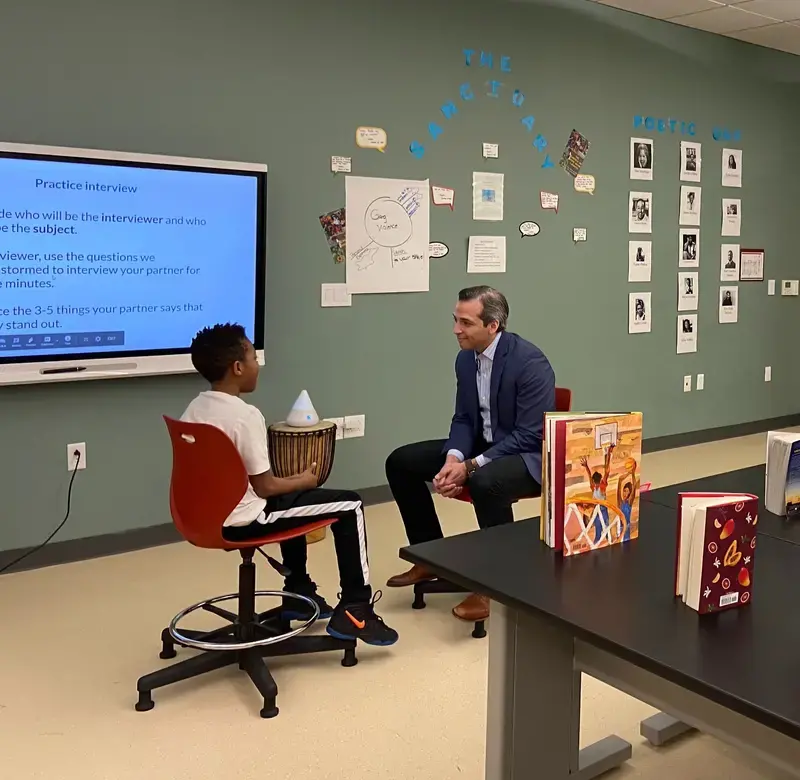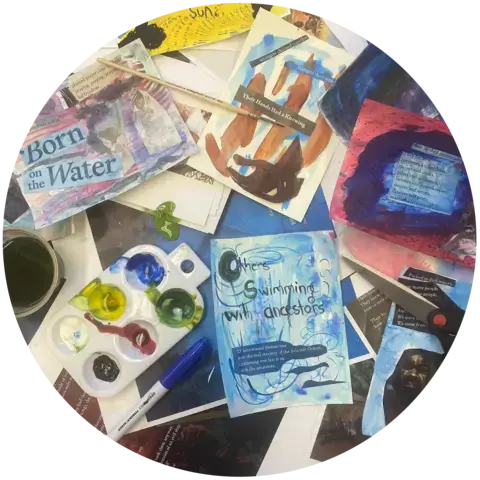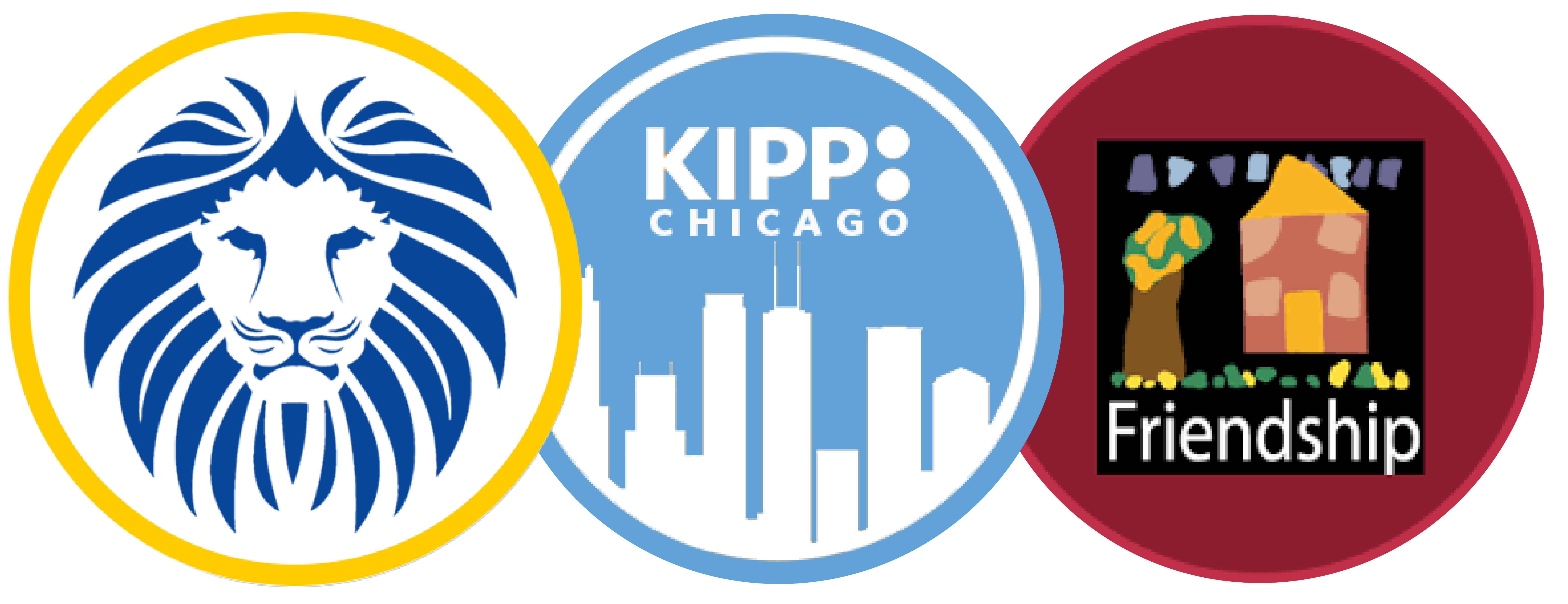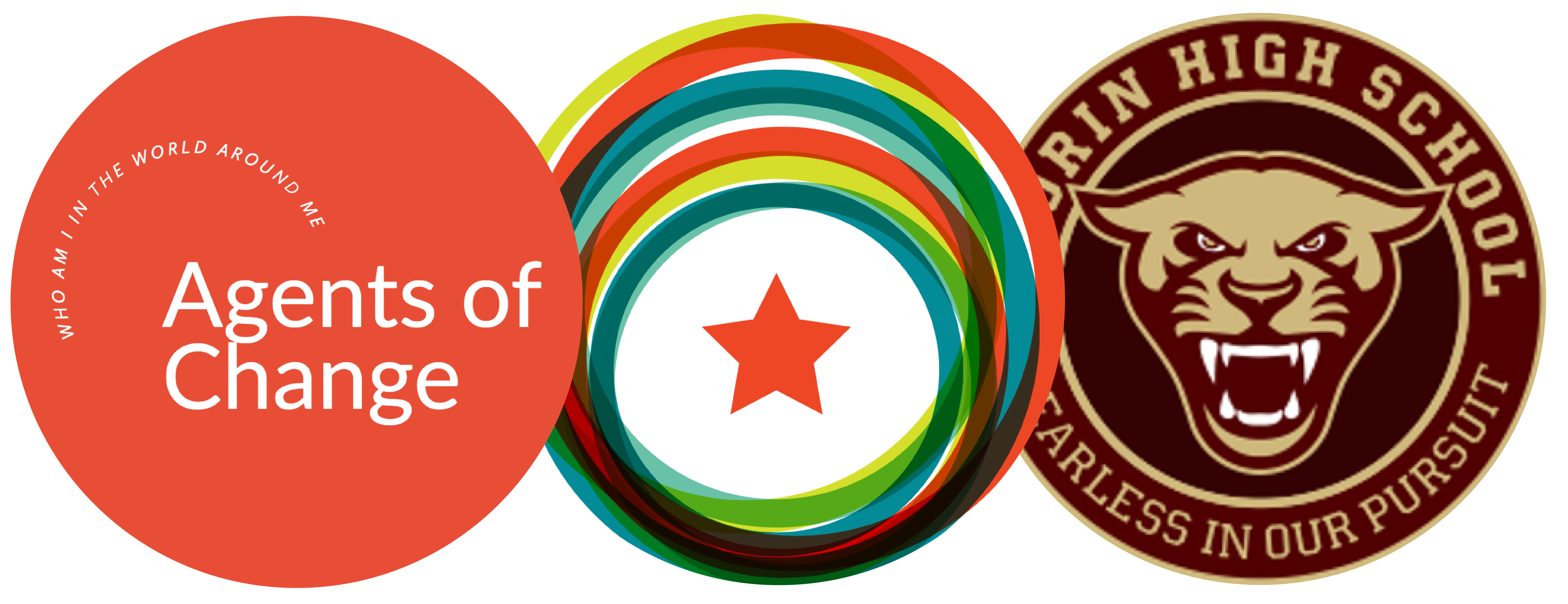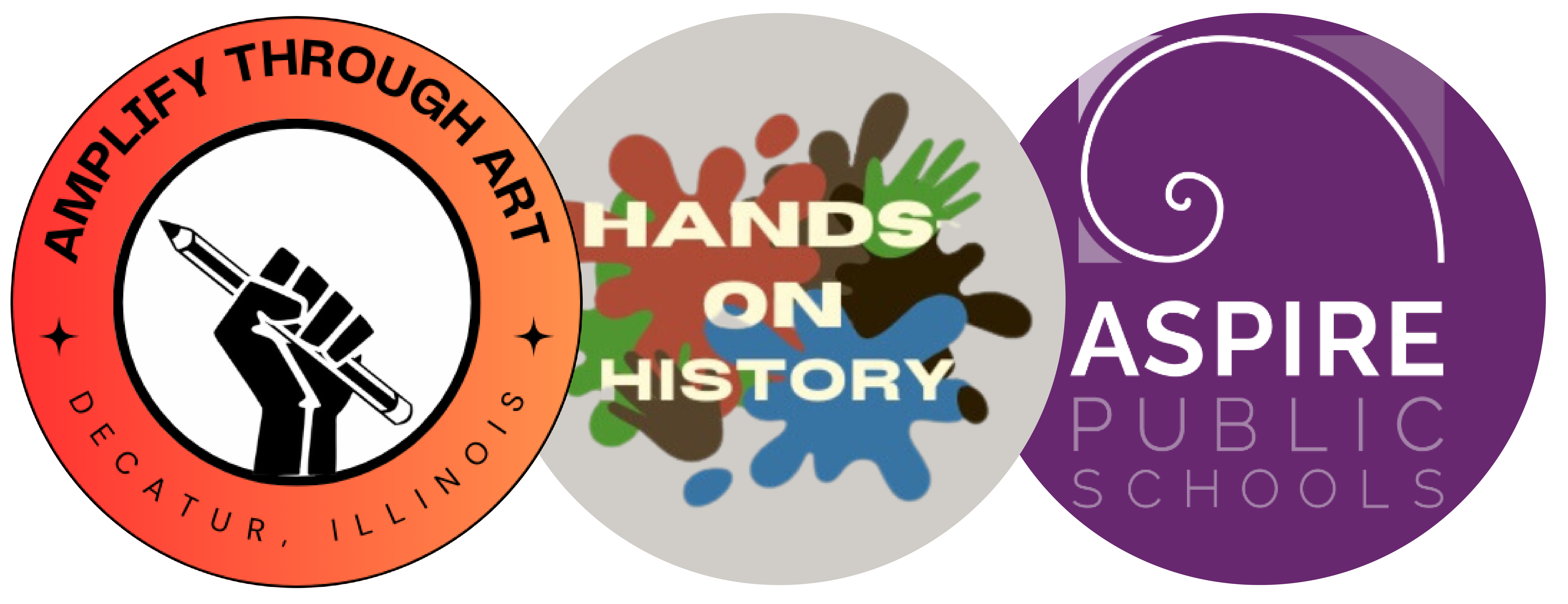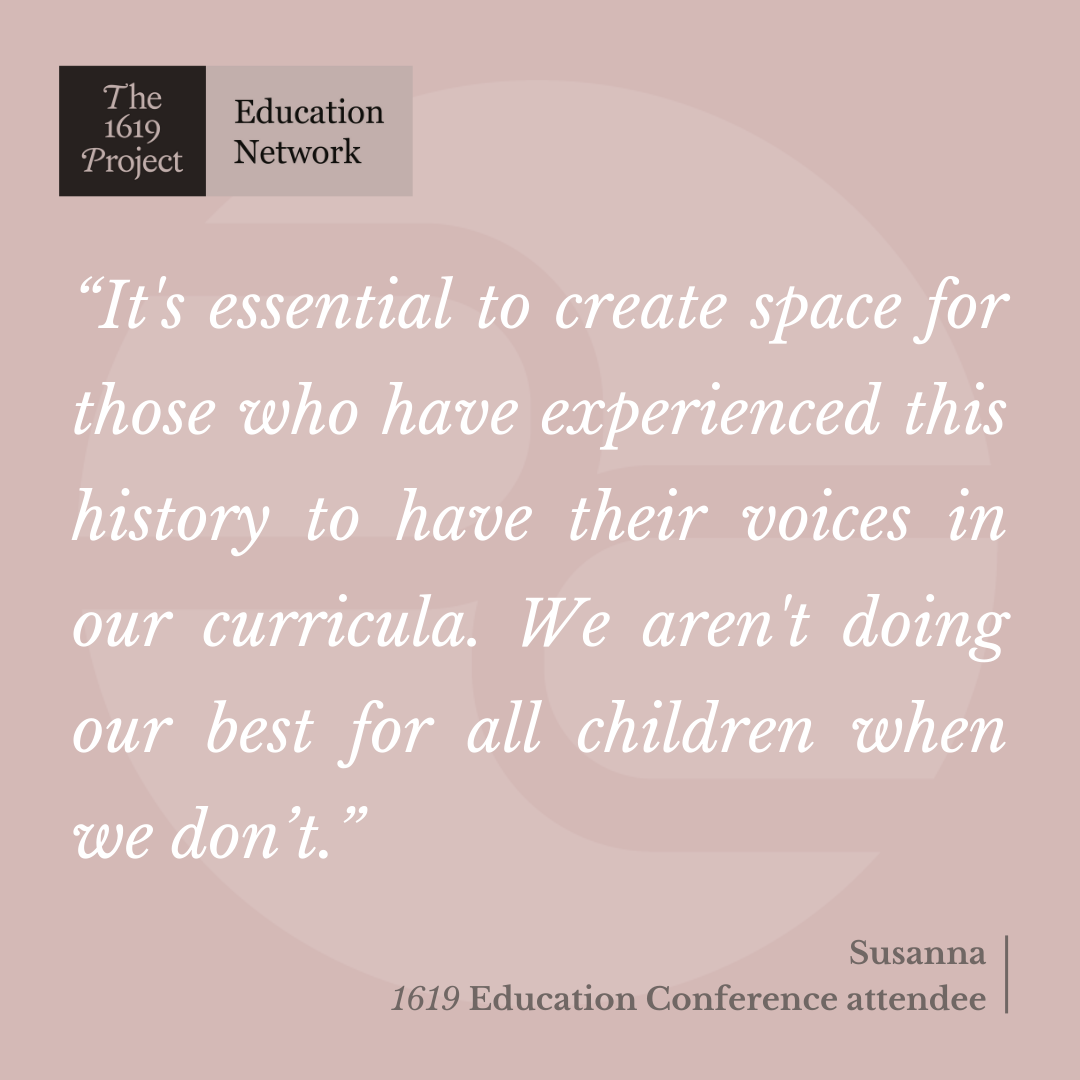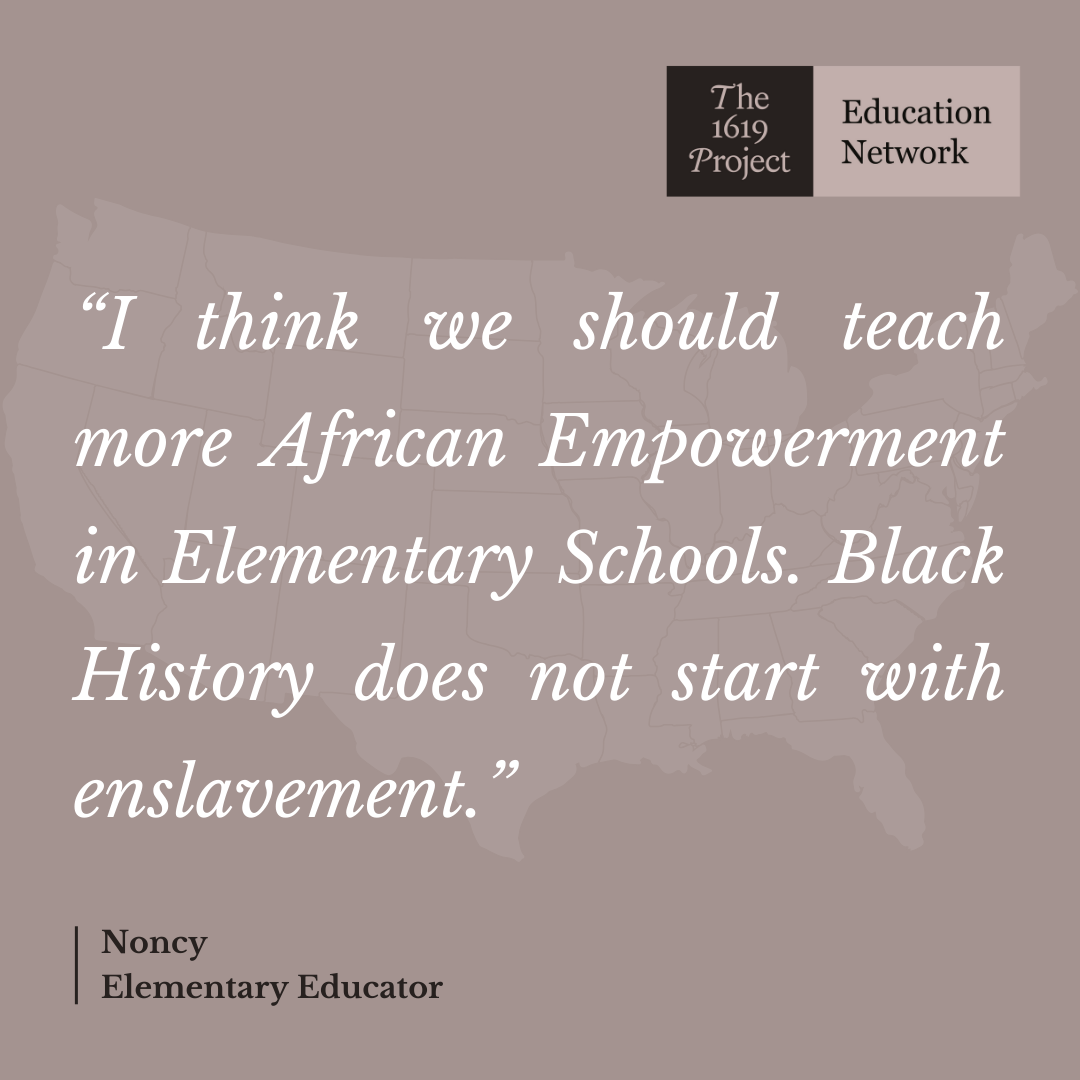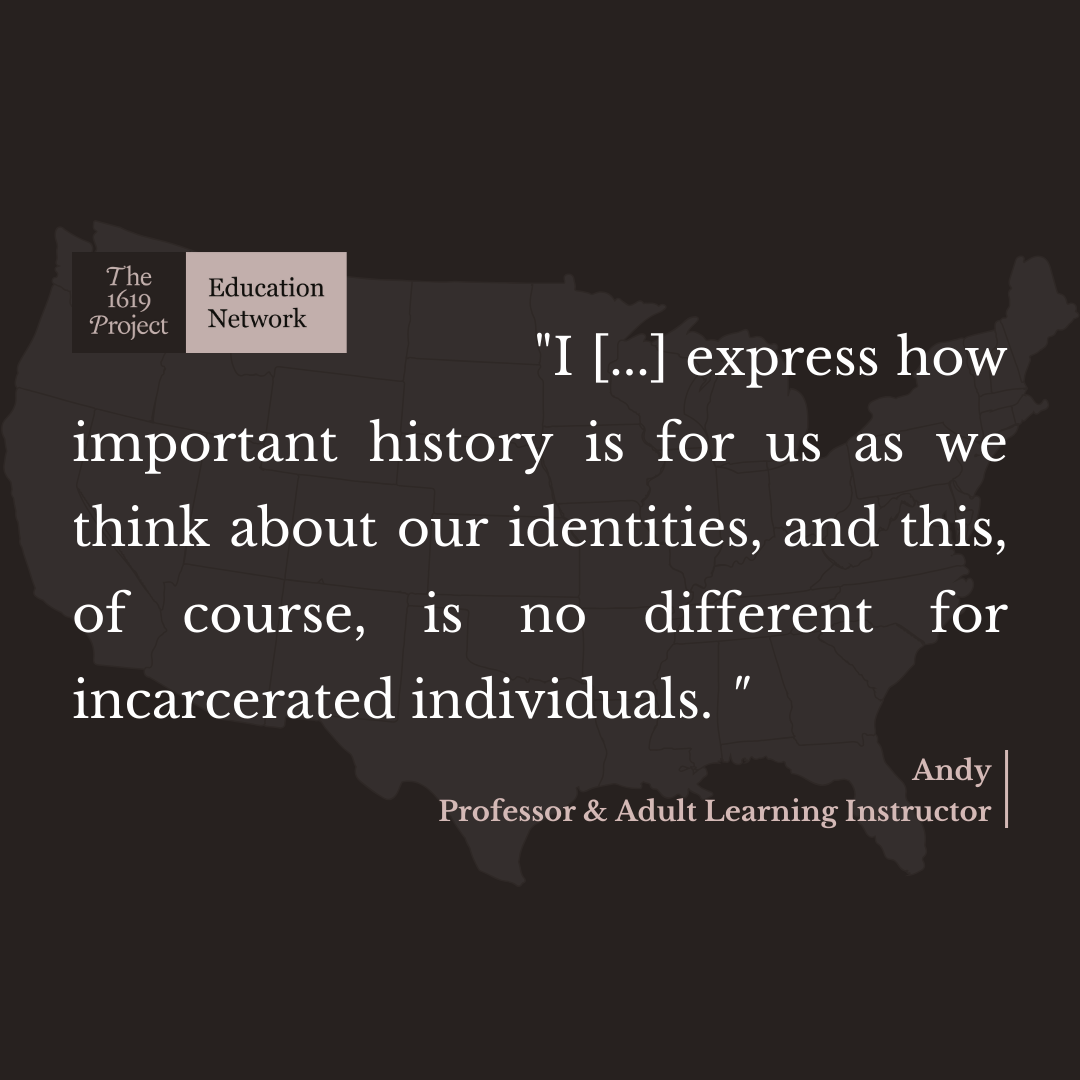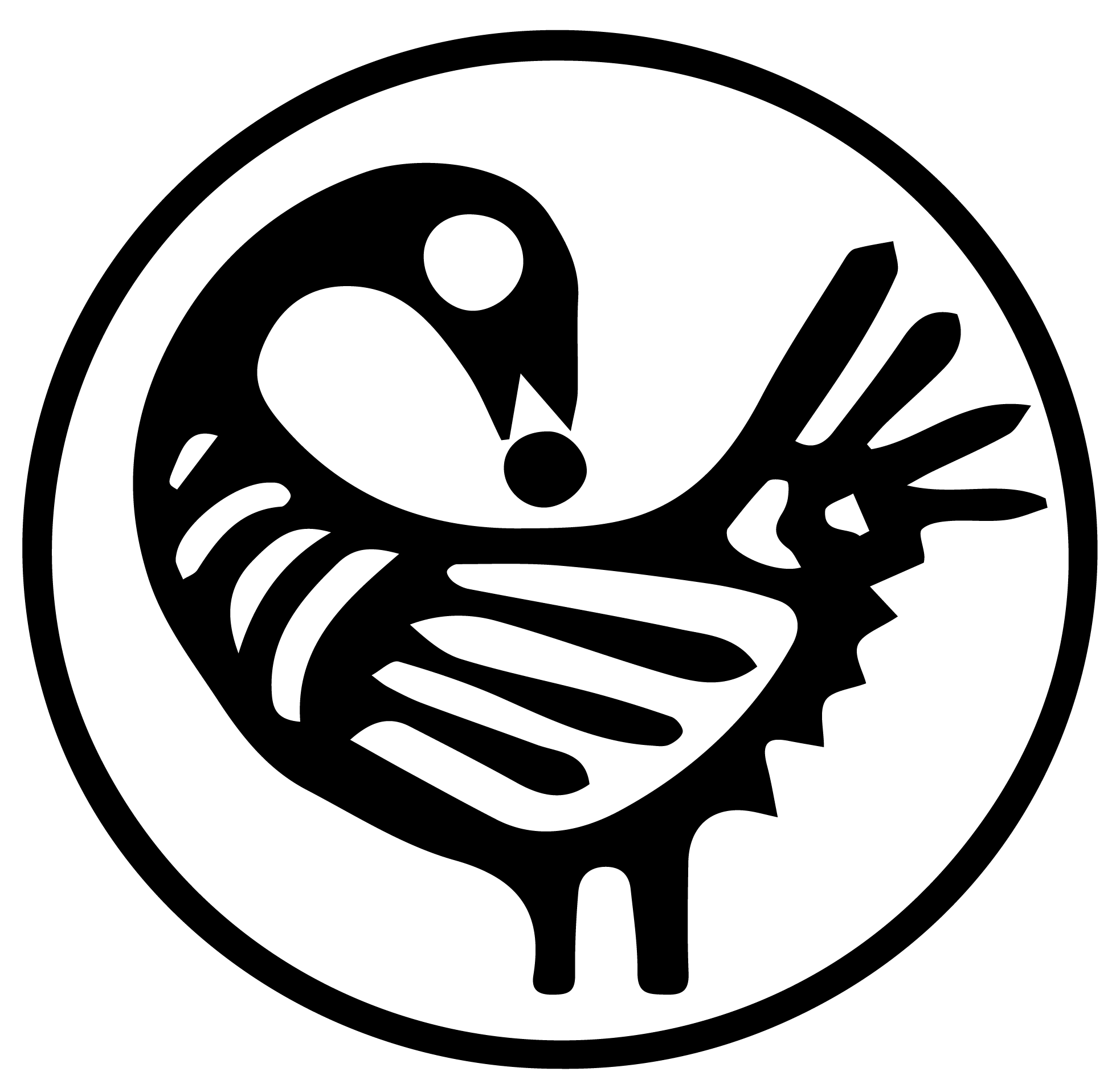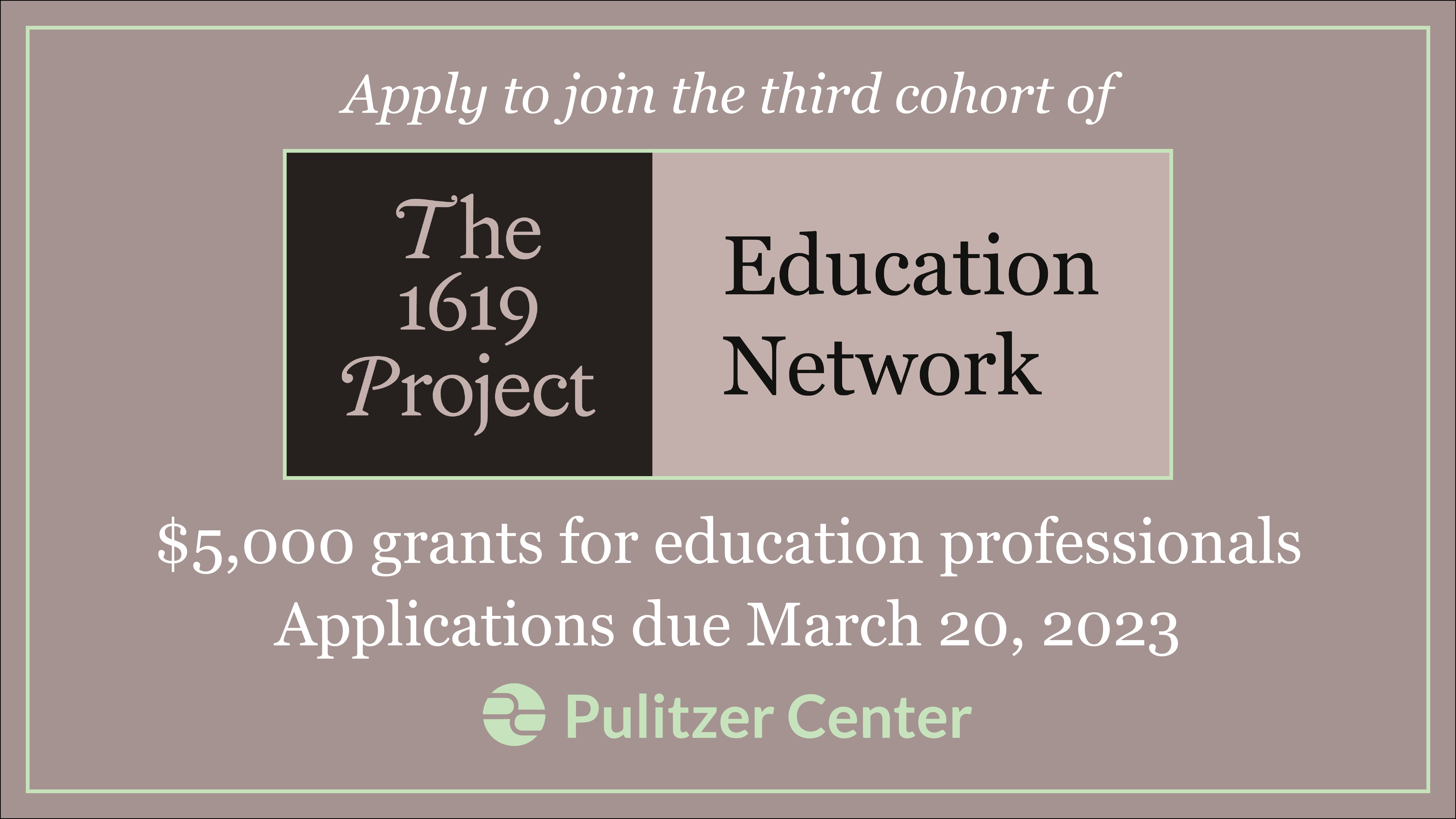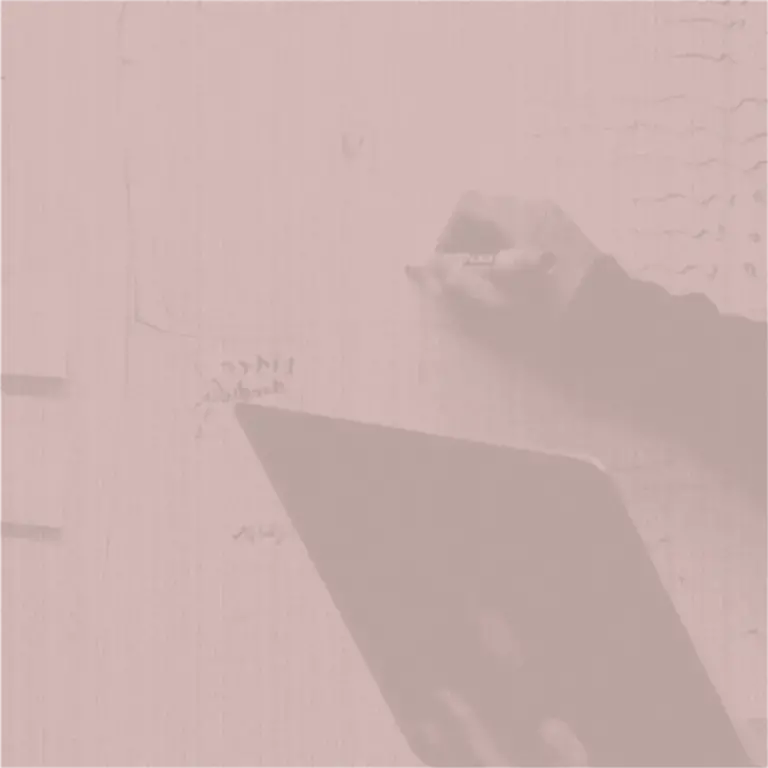The 1619 Project Education Network started as an informal, dispersed movement of educators seeking to better understand and better teach the history and legacies of slavery in the United States. Today the Network is an innovative national multidisciplinary community of practice consisting of more than 400 educators in 30 states who have worked to engage over 10,500 students from Pre-K to college and graduate levels with The 1619 Project.
WHO WE ARE | WHY THIS MATTERS | MEET THE TEAMS | WHERE WE'RE WORKING | TESTIMONIALS | 1619 CONFERENCE | IMPACT
The cohorts of educators that make up the Network collaborate together with award-winning journalists, historians, and our Pulitzer Center education team to create, teach, and share curricular resources that allow students to engage authentically and critically with The 1619 Project.
The 95 units Network members have created thus far compose a library of digital resources that other educators can utilize to implement The 1619 Project into their own classrooms in an effective, culturally responsive, and developmentally appropriate way. Network members help to expand the reach of these projects through their participation in dozens of events and webinars each year, sharing their experiences and expertise with thousands of teachers around the world.
MEET THE NETWORK TEAMS
reaching more than 10,500 students
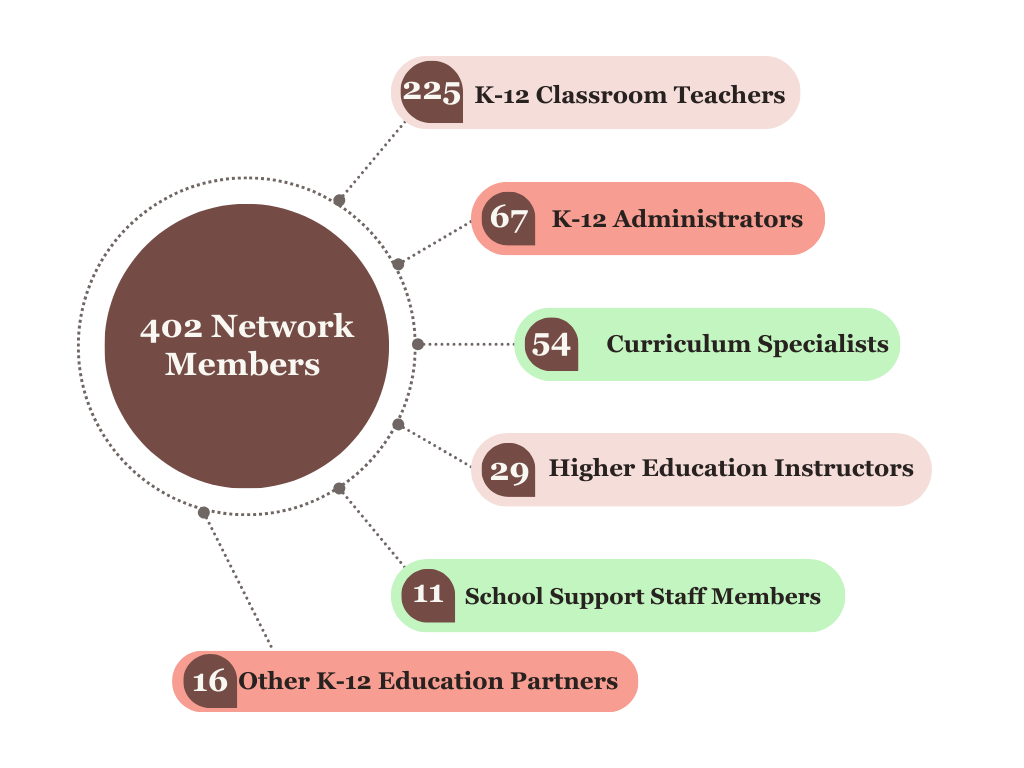
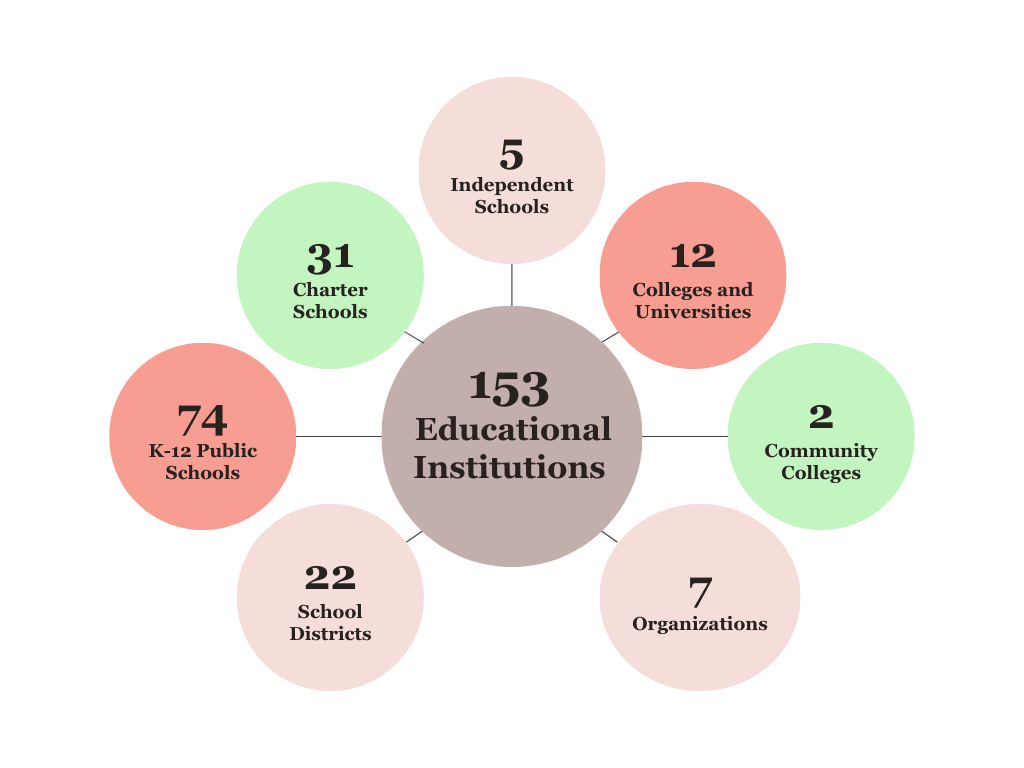
WHERE OUR 1619 EDUCATION PARTNERS ARE WORKING
BROWSE ALL IMPACT
-

Pulitzer Center Update
1619 Project Reflection - Sankofa Spirit Team
Our 1619 Education Network unit, Uncovering and Reclaiming Historical Identities, was designed for...
March 10, 2023 -

Pulitzer Center Update
1619 Project Read Along: Race Reflection
The 1619 Project Read Along invites a broad readership to engage with chapters from 1619 in a...
March 8, 2023 -

Pulitzer Center Update
'1619': 'We cannot do the hard work alone'
The 1619 Project: The Work That Remains “We are gearing up for the United States at 250 years in...
March 3, 2023 -

Pulitzer Center Update
Apply For The 1619 Project Education Network: 2023 Cohort
How can exploration of the essays, creative writing, photography, podcasts, and books that make up...
February 22, 2023 -

Pulitzer Center Update
The 1619 Project and Why Black History Matters
New Docuseries and Education Conference Engage Deeply With The 1619 Project “I want to learn the...
February 3, 2023 -

Pulitzer Center Update
1619 Project Read Along: Capitalism Reflection
The 1619 Project Read Along invites a broad readership to engage with the book in a “classroom...
January 11, 2023

Apply to Join The 1619 Project Education Network
